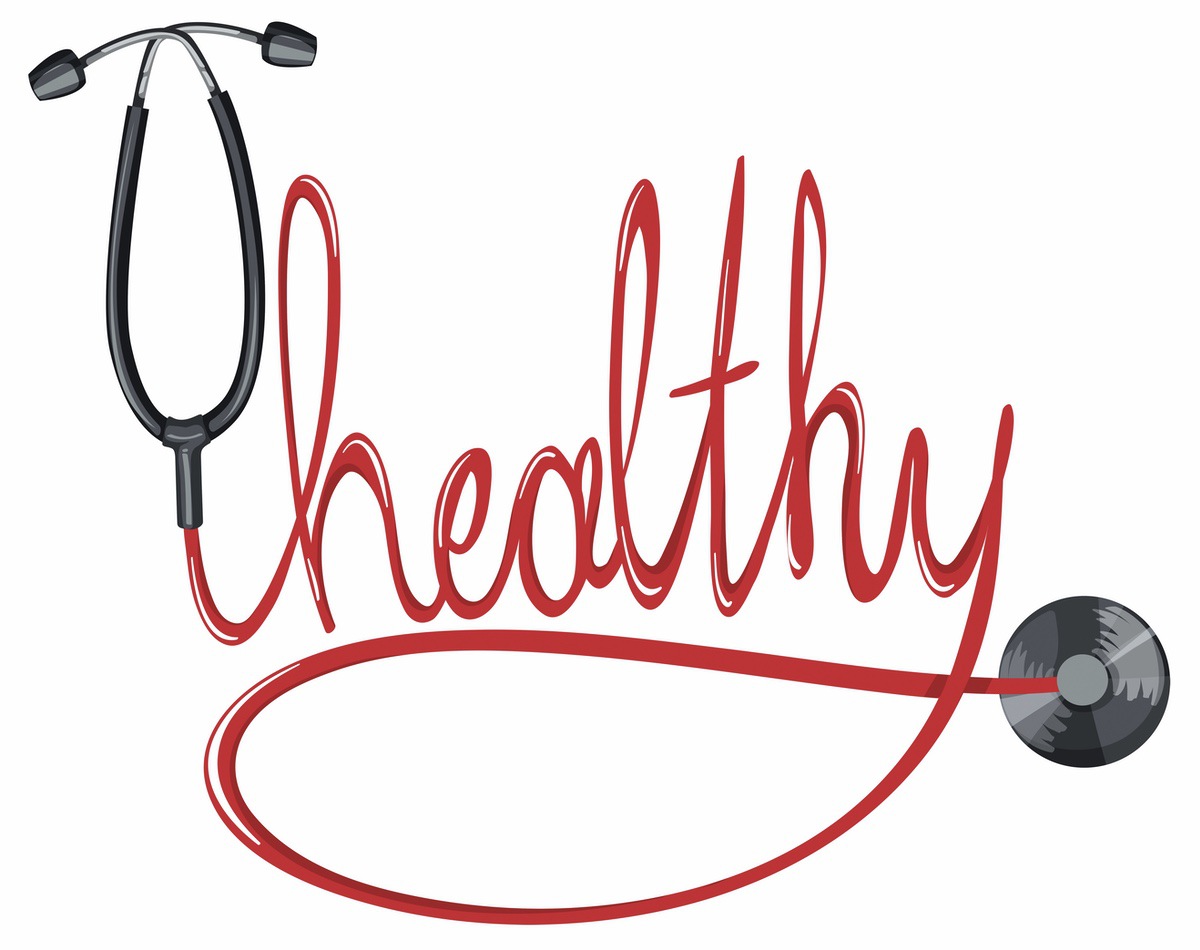Since February is National Heart Health Month, it seems fitting to focus on what’s new for our hard-working, blood-pumping muscle and one common condition that makes those hearts work even harder: hypertension (high blood pressure). That is why the announcement about a drug that could treat high blood pressure with a twice-a-year injection is big news.
In fact, the American Heart Association (AHA) listed research on this drug, Zilebesirin, as number one on its annual list of top advances in cardiovascular disease research for 2023. The announcement, though, is somewhat of the good news/bad news variety.
Good — because this drug decreases the production of angiotensinogen, a protein secreted by the liver which plays a key role in increasing blood pressure. Good — because and this drug is already being tested in humans and seems to work well for extended periods of time – unless the patient remains on a high salt diet. That’s part of the bad news because our standard American diet is a high salt diet.
More significant bad news about this announcement is how it highlights how pervasive high blood pressure is, affecting one in three American adults and if left untreated, blood pressure increases the risk of heart attack and stroke. (AHA)
Worse news is that despite current medical advances and treatment, the CDC reports that only about half of the those being treated have their blood pressure under control (Source: CDC) Revised 2017 guidelines recommend blood pressure be under 120/80.)
The development of a drug that could provide effective long-lasting results with possible increase in medical compliance since it’s only taken twice a year is certainly good news but again that’s balanced by the bad news of possible side effects, potential high prices, and the fact that Zilebesirin is still in clinical trials.
The AHA also noted in its listing of top advances in cardiovascular disease research that “There is more evidence linking healthy eating patterns to lower death risks.” Healthy eating patterns? The AHA noted that one such eating pattern that especially targets high blood pressure is the DASH diet – Dietary Approaches to Stop Hypertension. A simple Google search will provide many resources on this diet and searching on AHA.org will provide many heart-health nutrition resources. Mayoclinic.org also has a short, fact-filled page on the DASH diet.
Besides dietary changes, there are several other lifestyle factors that have demonstrated success in lowering blood pressure. Headlines appear regularly on our screens and in our newspapers. The good news is lifestyle factors are under our control. The bad news is that for most people making those lifestyle changes requires sustained lifestyle adjustments.
What kind of lifestyle adjustments? The Physicians Association for Nutrition (PAN) has an easily-read patient guide to reducing high blood pressure. It includes multiple citations of evidence-based research documenting successful BP reduction through a combination of exercise, heart-healthy nutrition, adequate sleep and stress management, no smoking etc.—all steps to minimize heart disease and blood pressure risk factors.
In summary, the statistics on heart disease and high blood pressure are sobering but the good news is that recent research also points to positive steps to reduce those numbers.
SIMPLE WAYS TO IMPLEMENT THESE HEART DISEASE RISK REDUCTION STEPS
Check out CDC’s ABCs of Heart Health (online) or if you just want to just cut to the chase and load up on some heart-healthy foods this Heart Health Month, enjoy what the Physicians Association for Nutrition (PAN) calls “blood pressure-lowering ninjas.” These are green vegetables, potassium-rich foods like potatoes, leafy greens and root vegetables, beet juice, garlic, Omega-3 fatty acids from chia seeds, flax seeds, walnuts, and strong hibiscus tea.
For a natural and delicious way to help lower blood pressure in Heart Health month, PAN suggests a dark green leafy salad with roasted beets, potatoes – all sprinkled with walnuts. Yes, you can indulge and have a little heart-healthy dark chocolate for Valentine’s Day, but a really heart health effort would be a leafy green salad every day in February!





